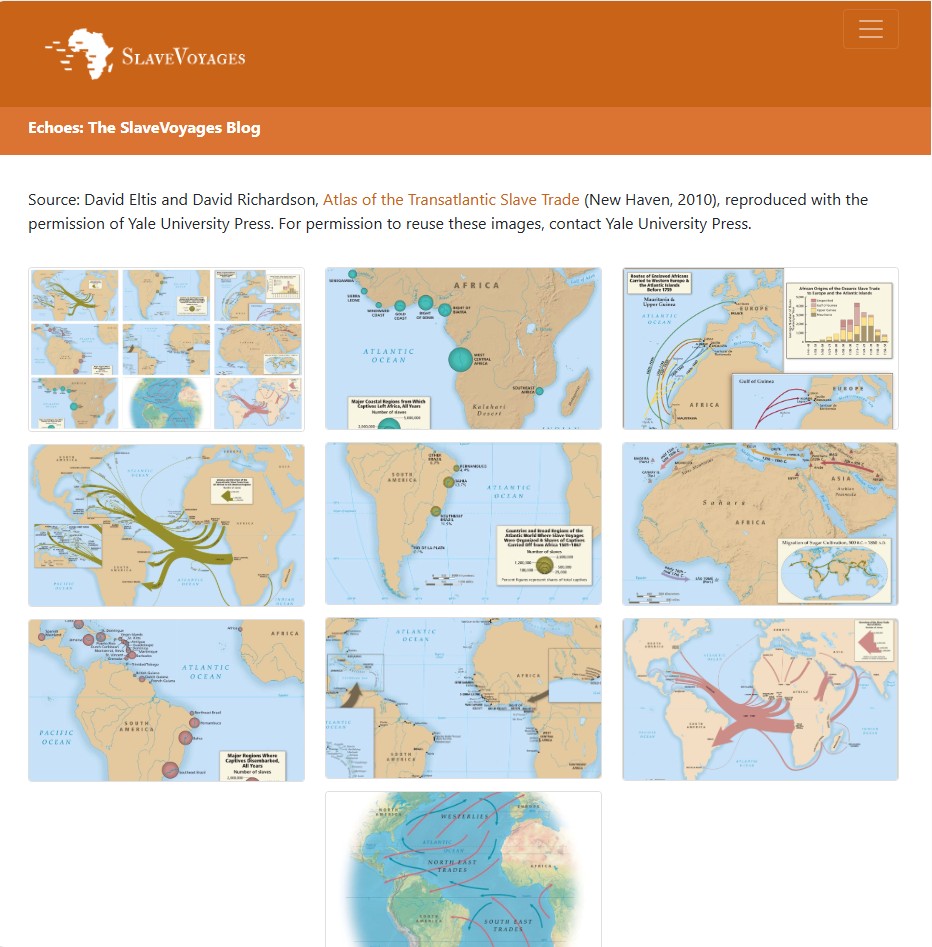Frequently Asked Questions
- What are reparations? Reparations are actions taken to make amends for injustices and systemic harm, often through compensation, policy change, or public apology.
- Who would be eligible? Primarily descendants of enslaved Africans in the U.S., but eligibility could extend to those affected by Jim Crow laws and systemic racism.
- Why now? Generations have passed without redress. Acknowledging the harm is essential to reconciliation and national healing.
- Where would the money come from? Federal and state governments, institutions that profited from slavery, and existing equity initiatives.
-
Have reparations ever been paid before?
Yes. Throughout history, reparations have been paid—though not always to the harmed:
- Japan & Holocaust victims: The U.S. paid reparations to Japanese Americans interned during WWII. Germany paid billions to Holocaust survivors.
- Native American Tribes: Financial settlements were made for stolen land, broken treaties, and tribal exploitation.
- British Slave Owners (1833): When slavery was abolished, the British government compensated slaveholders—not the enslaved—with payments worth billions today.
- U.S. Slave Owners: In 1862, under the Compensated Emancipation Act, U.S. slaveholders in Washington D.C. were paid for the loss of enslaved people. The enslaved received nothing.
Interactive Map of Trans-Atlantic Slave Trade

Explore ship routes, ports, and the impact of the slave trade.
Downloadable Guides & Toolkits
Empower your community and educate others with these free tools. Each guide provides clear steps, talking points, and facts to support reparations and restorative justice efforts.
Newsletter Signup
Stay connected with our movement. Get updates on new research, events, and advocacy.
Scan Me
Join the movement. Learn, share, and take action for reparations and healing.
